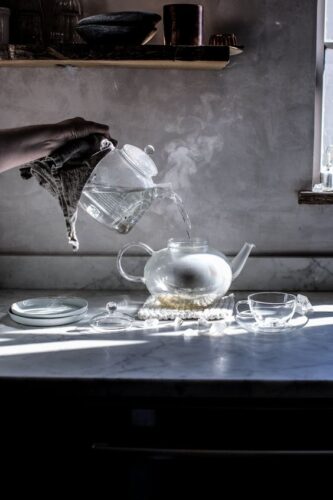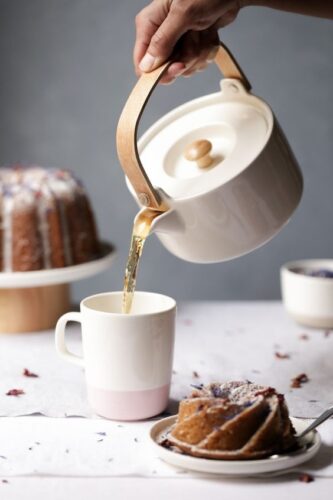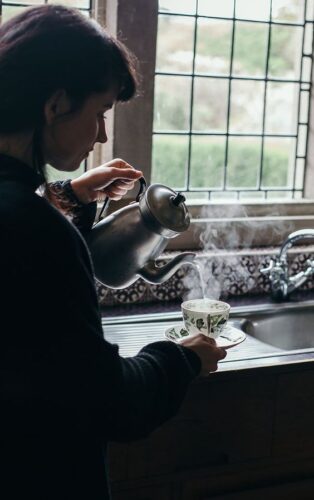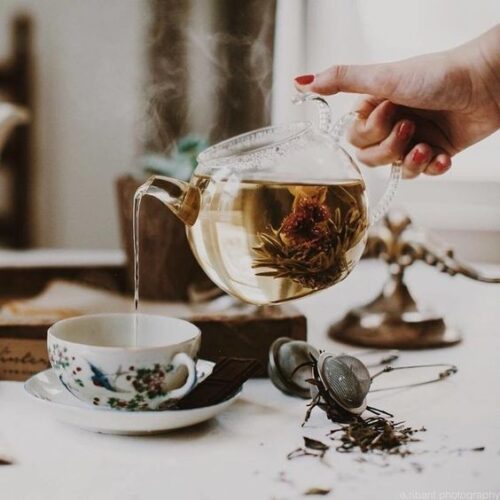
When it comes to making tea, many people focus primarily on water temperature, but the type of water used is equally important. While bottled water is commonly used, some may wonder if “mineral water,” which contains a variety of minerals, can enhance the flavor and quality of tea. Let’s explore this topic further.
Mineral water can be categorized into two types based on the levels of magnesium and calcium it contains. Water rich in these minerals is referred to as “hard water,” characterized by high levels of dissolved limestone and magnesium. Conversely, “soft water” contains lower mineral concentrations. Most imported mineral water is classified as natural hard mineral water, while in Thailand, the predominant type is natural soft mineral water. Generally, both types can produce tea with good flavor, although their aroma and color may differ.

Soft water is often preferred for tea preparation due to its lower mineral content, which allows for a darker, mellower infusion. In contrast, hard water can mask the tea’s flavor and impart a metallic odor, potentially diluting its taste and aroma. Ultimately, the choice between hard and soft water depends on individual preferences and aesthetic considerations.
Some may prioritize convenience by using tap water, which is typically boiled for brewing. However, tap water often contains chlorine, used to disinfect the supply, which can introduce undesirable odors. To mitigate this, it’s advisable to boil tap water in an uncovered container, extending the boiling time by an additional 3–5 minutes to allow chlorine to evaporate.

In summary, mineral water can be used effectively to brew tea, alongside any fresh, clean drinking water that is free from contaminants and chemical adjustments. It’s essential to avoid water that has been boiled multiple times, as this can lead to decreased oxygen content, resulting in a bland flavor profile. Ideally, water with a neutral pH of 7 is recommended for the best results.


However, it’s important to note that the quality of water is just one factor in achieving a delicious cup of tea. The temperature of the water, steeping time, quality of the tea leaves, and the brewing vessel also play significant roles in enhancing the overall taste and umami experience.
Sources:
